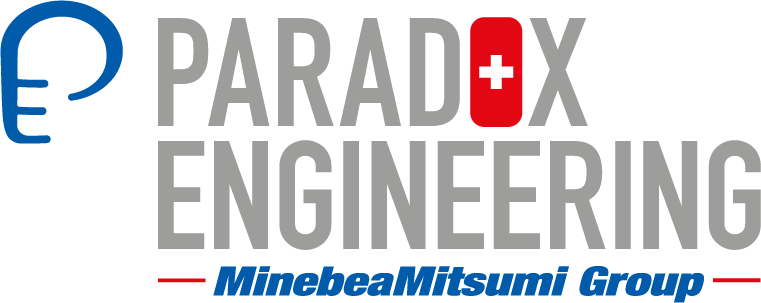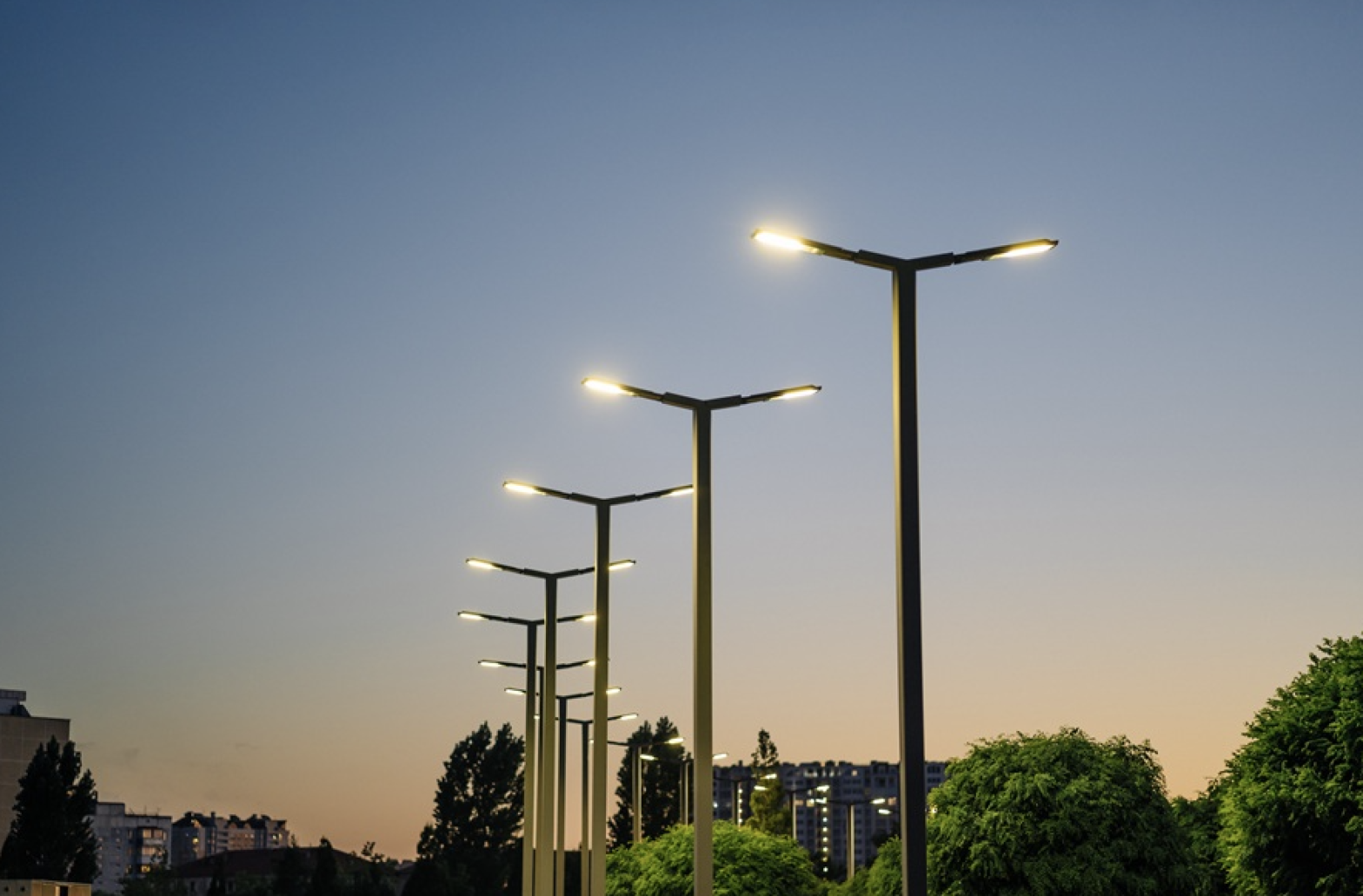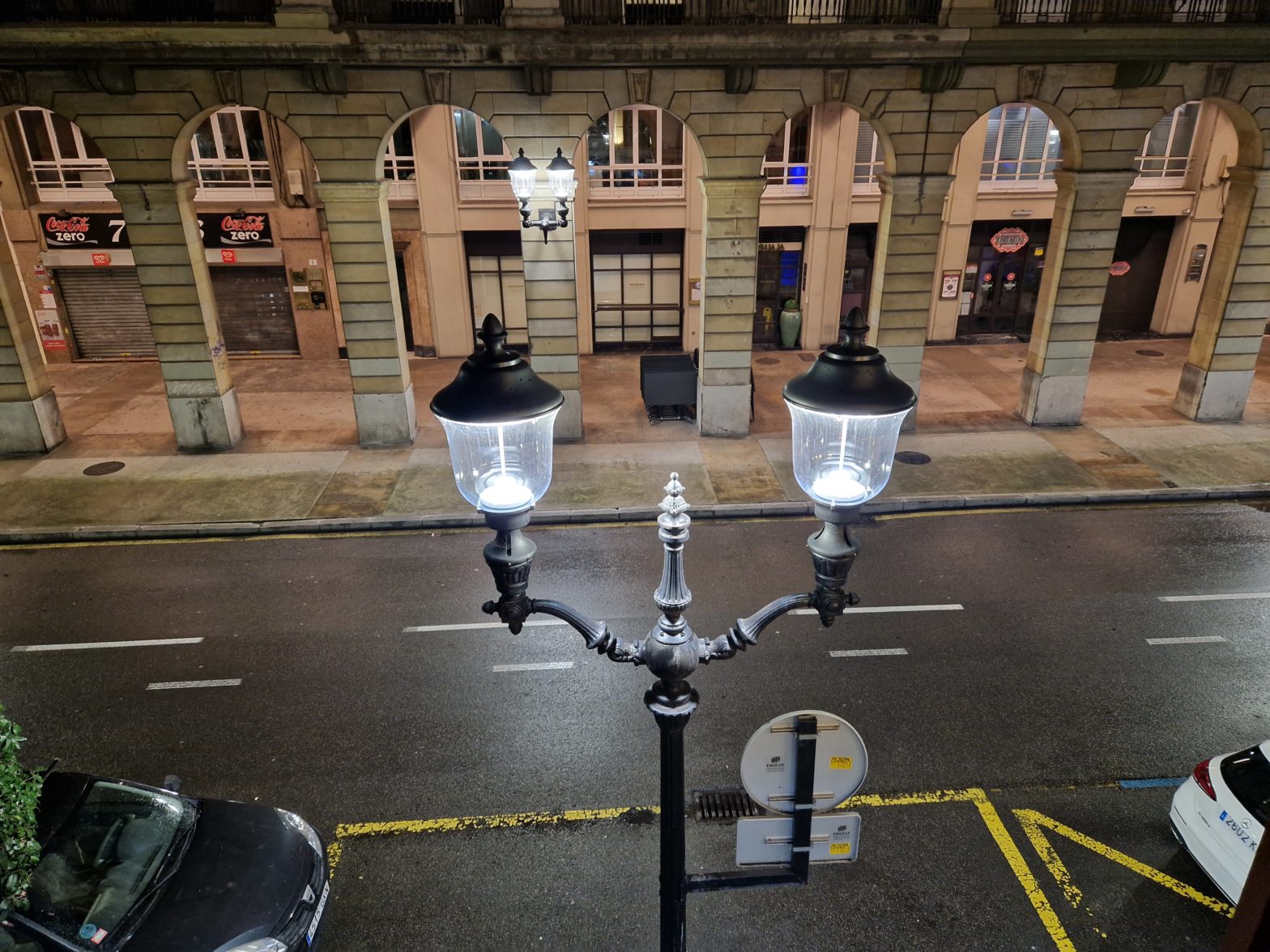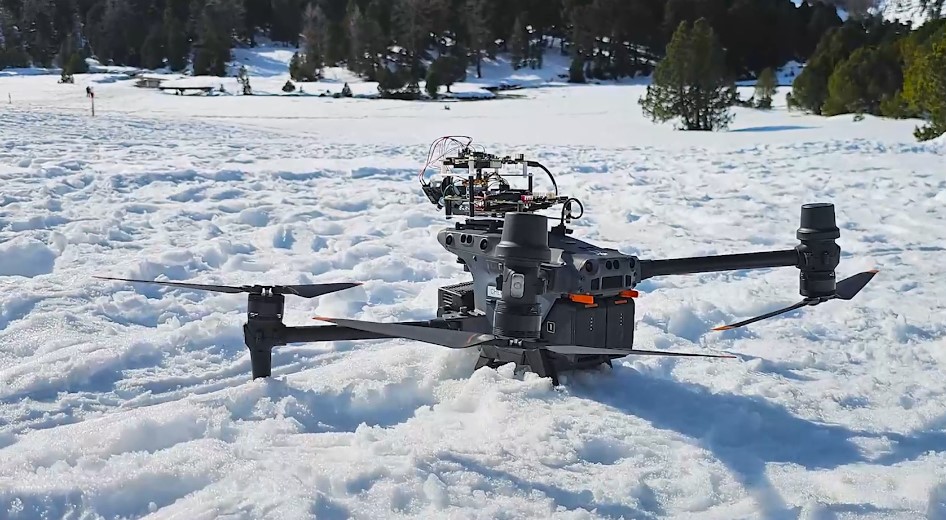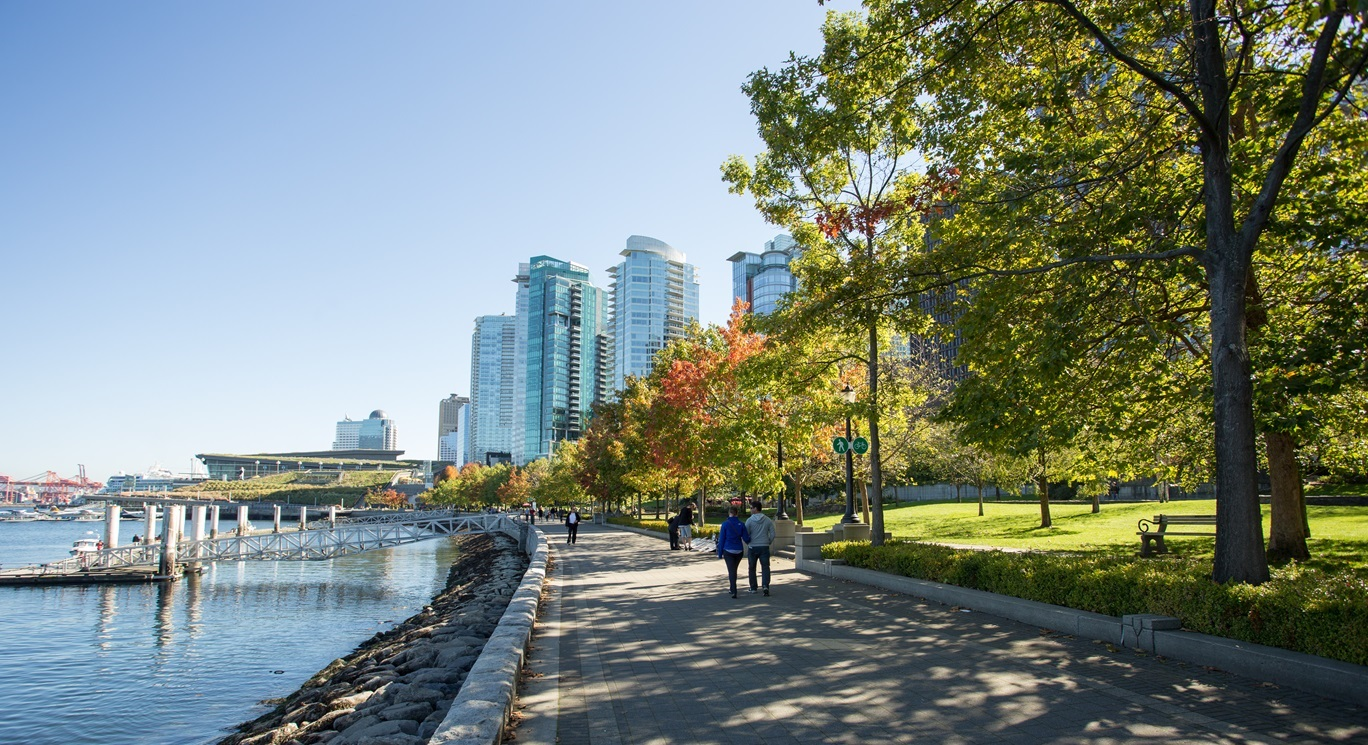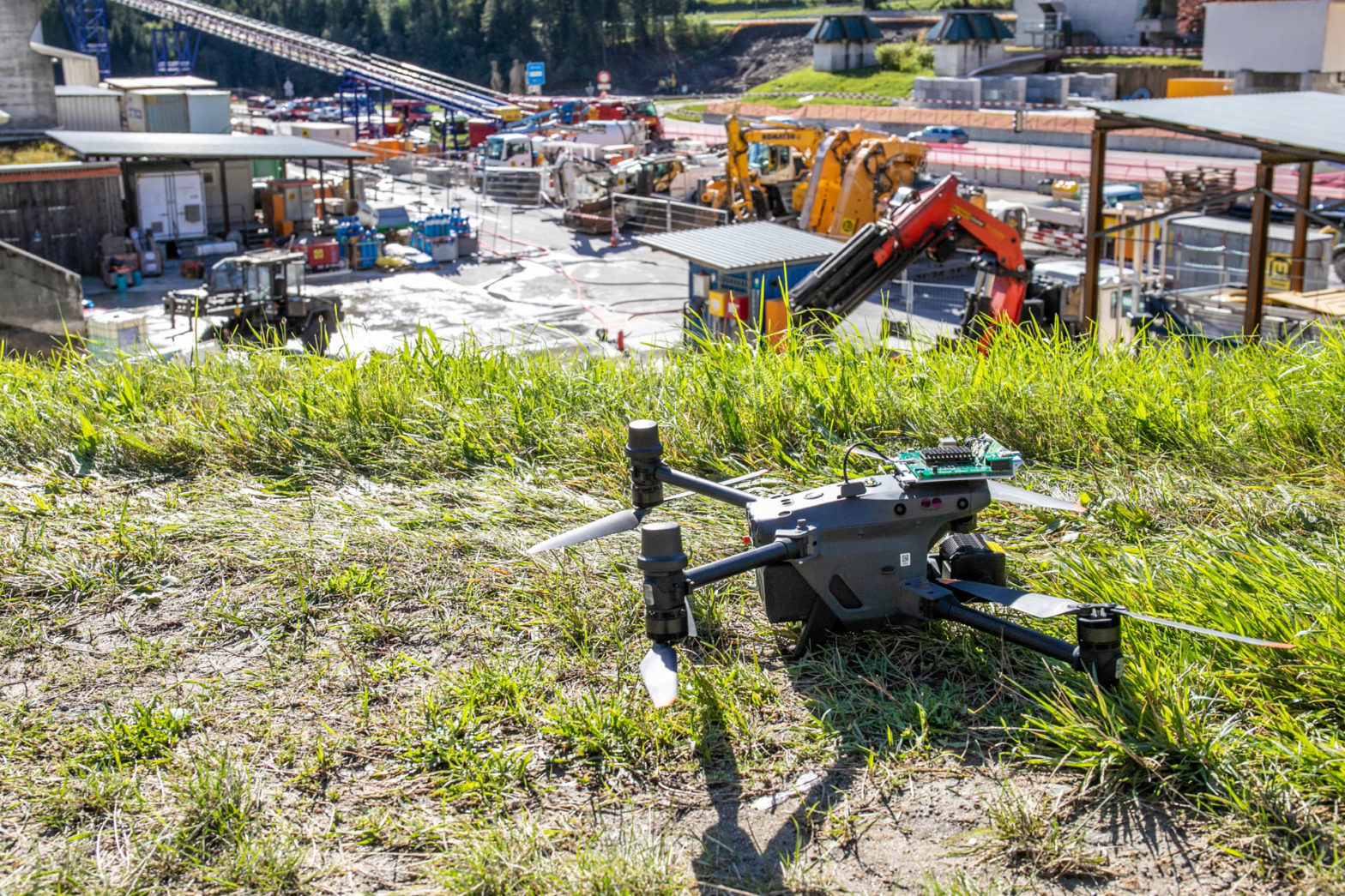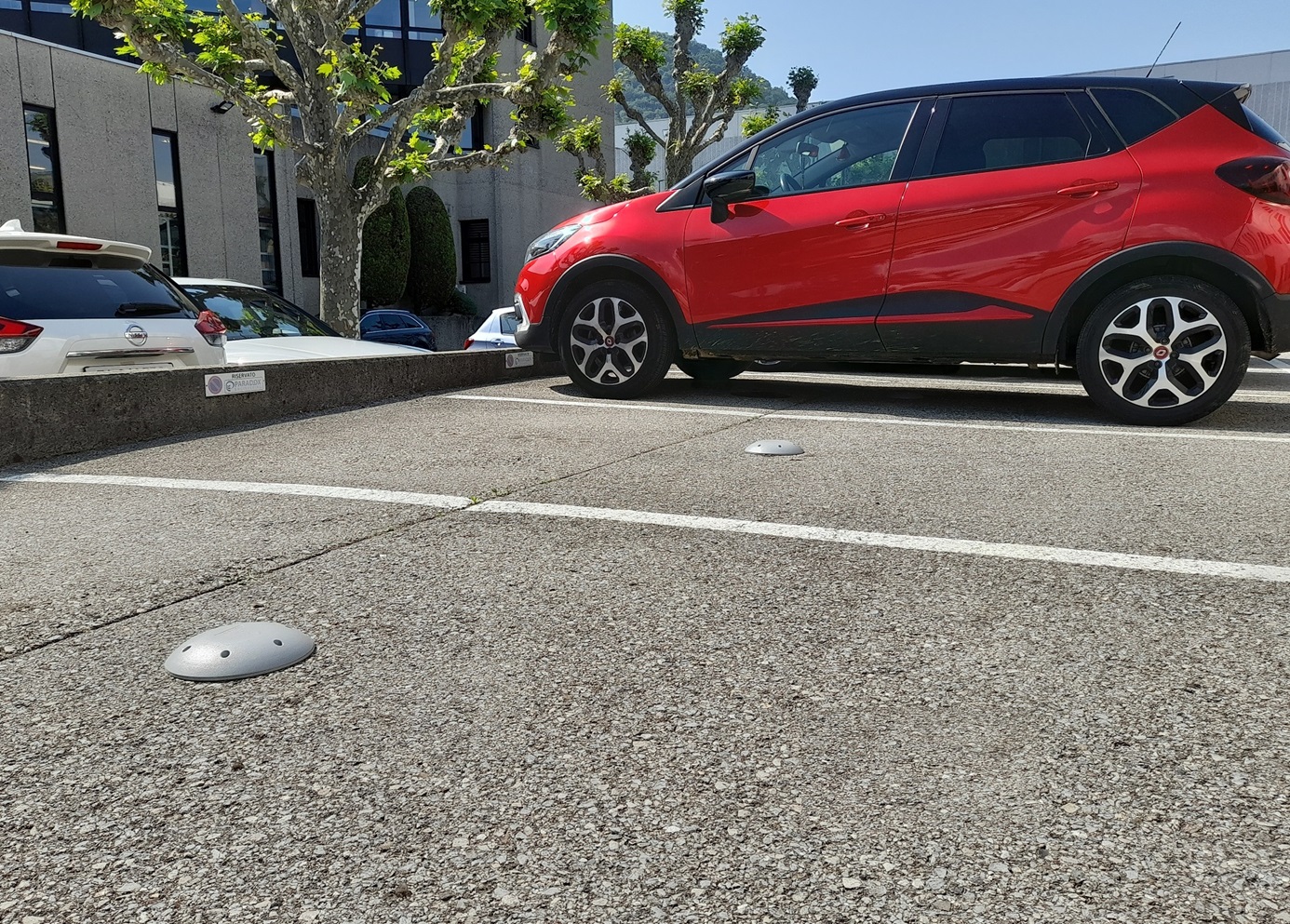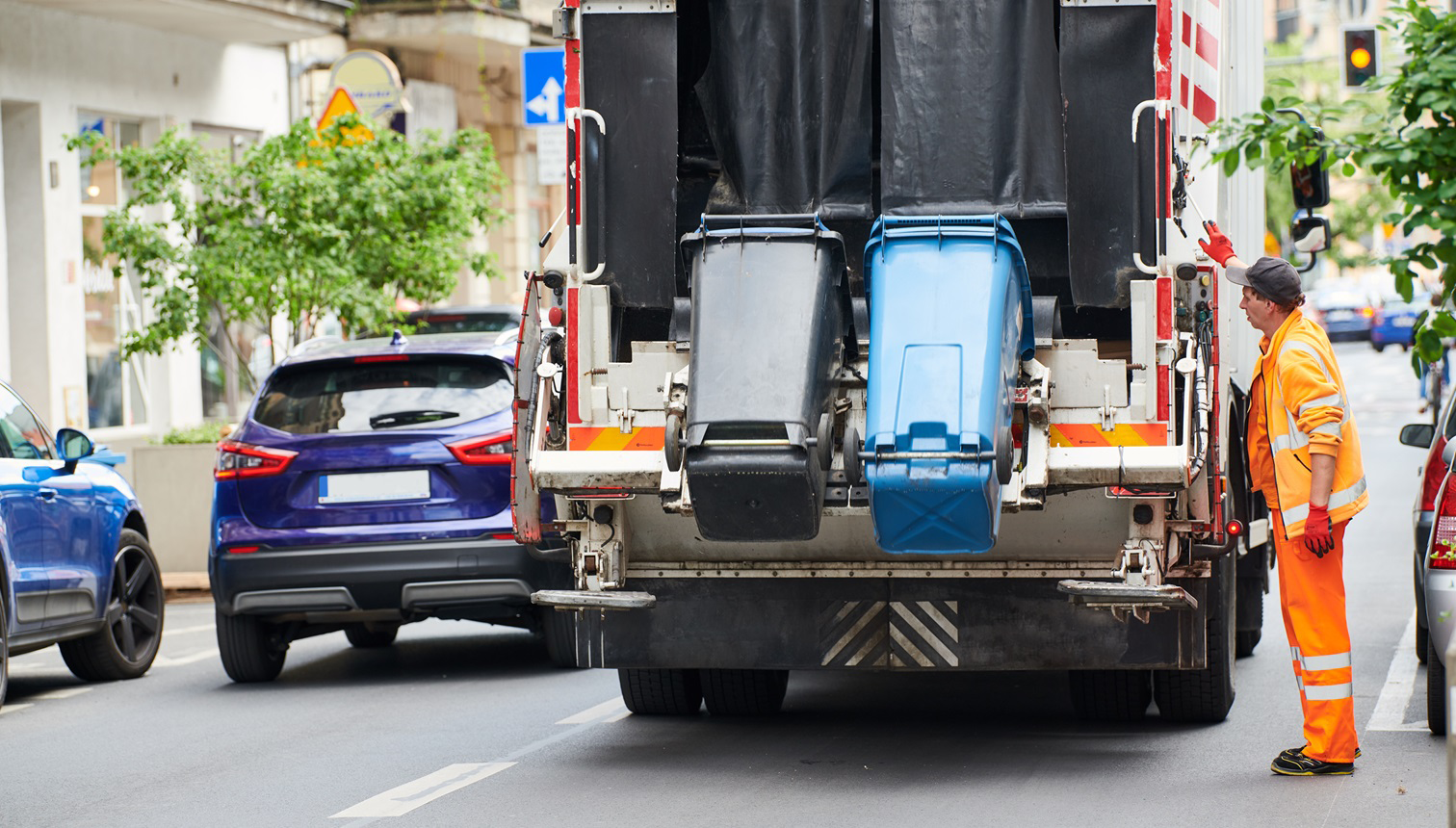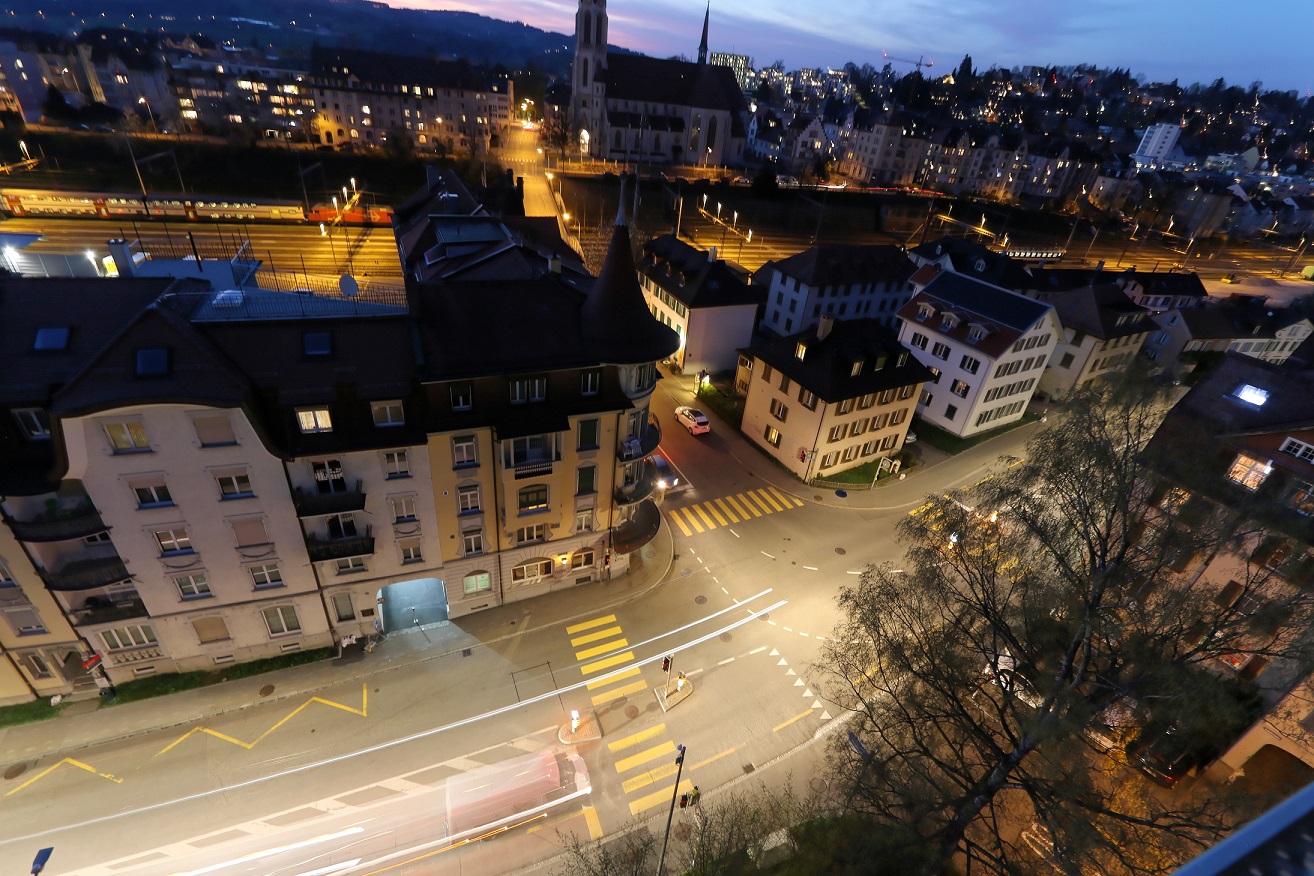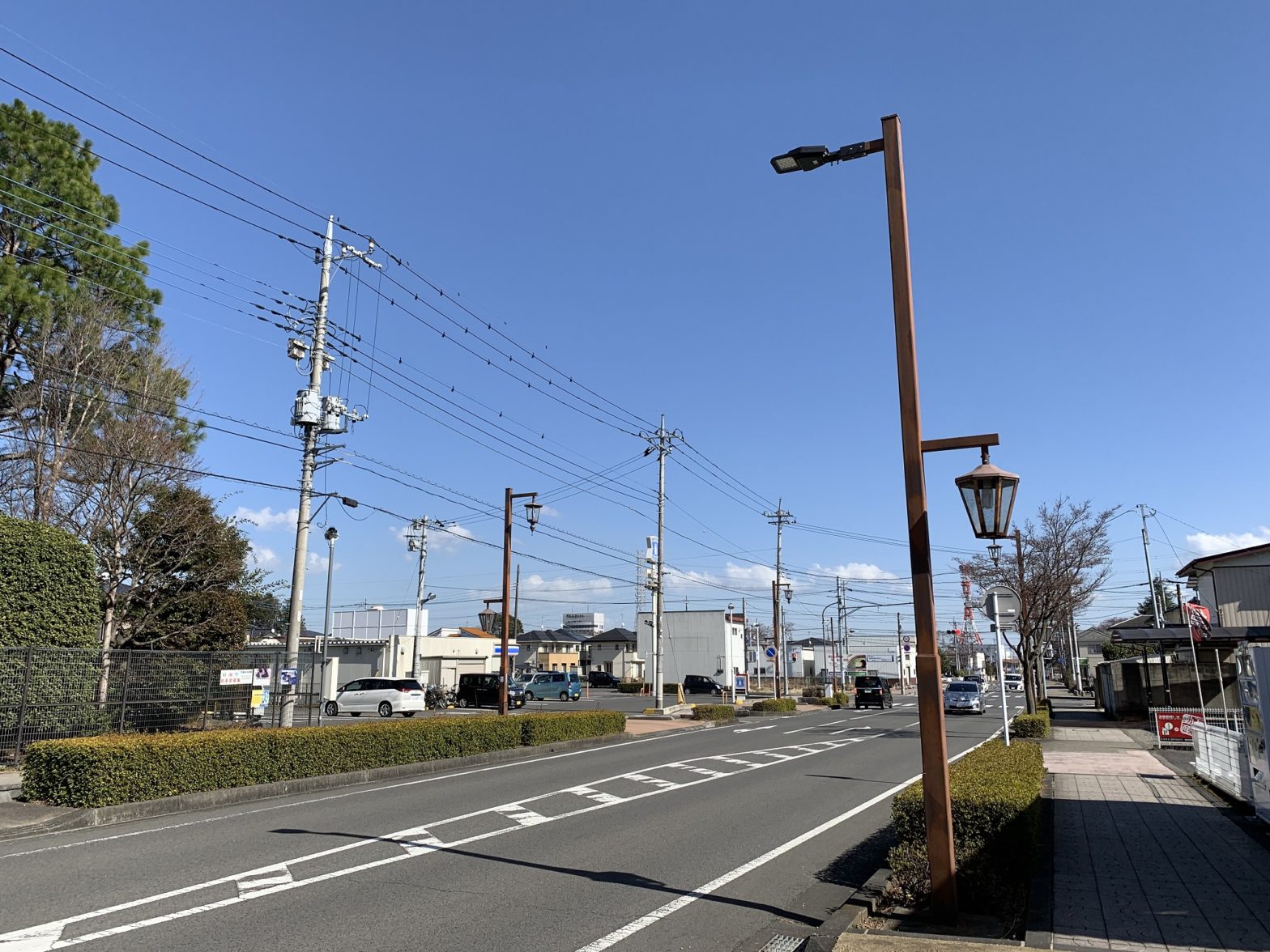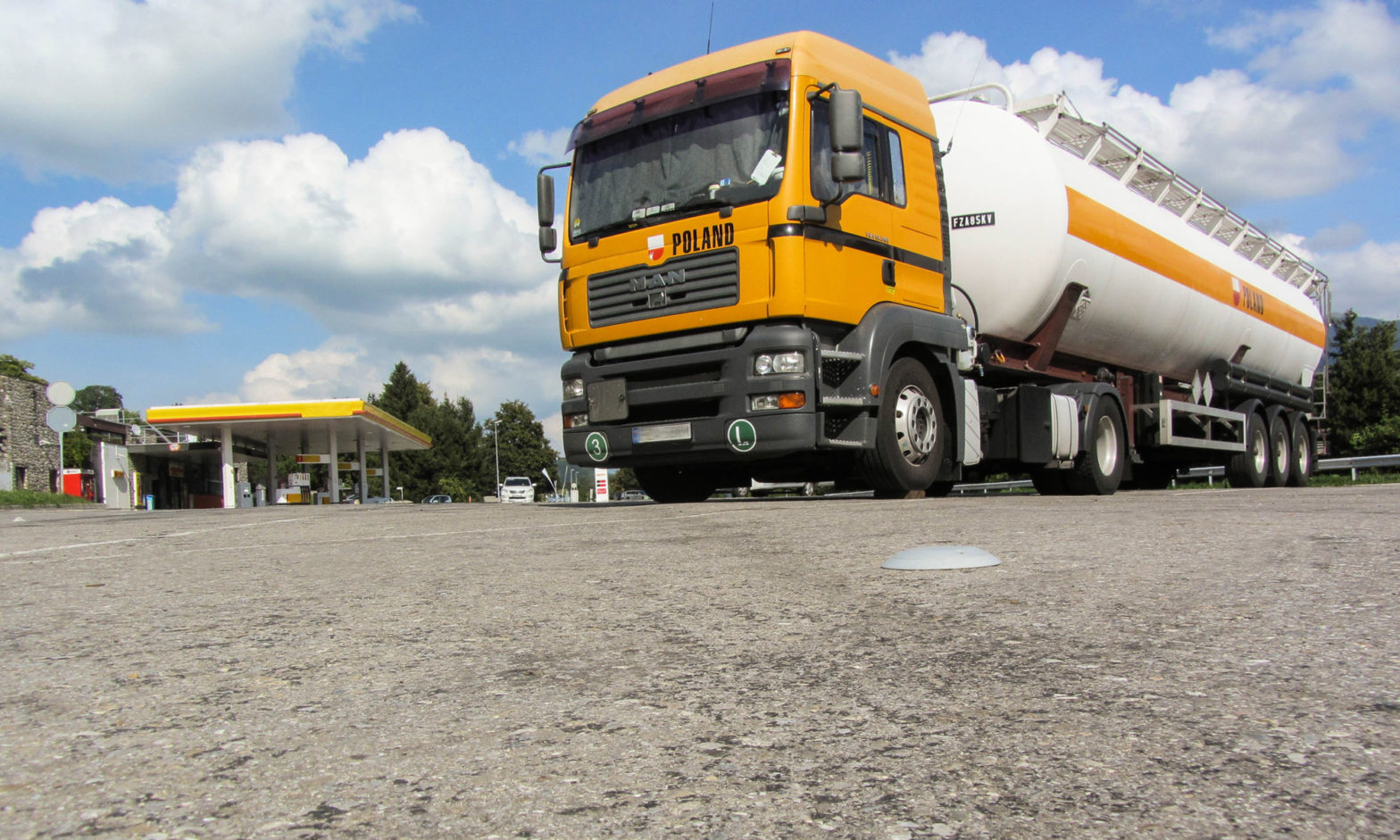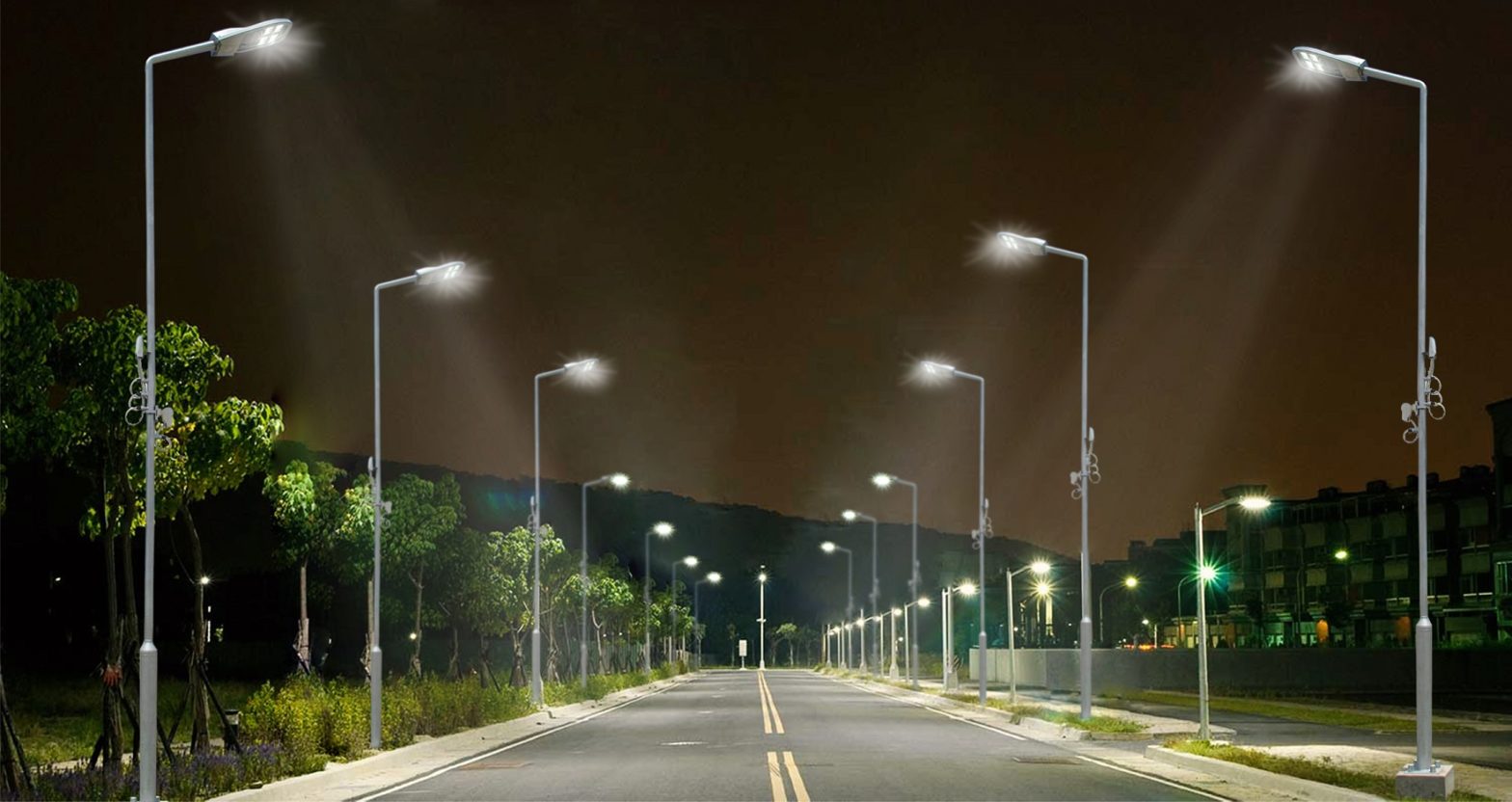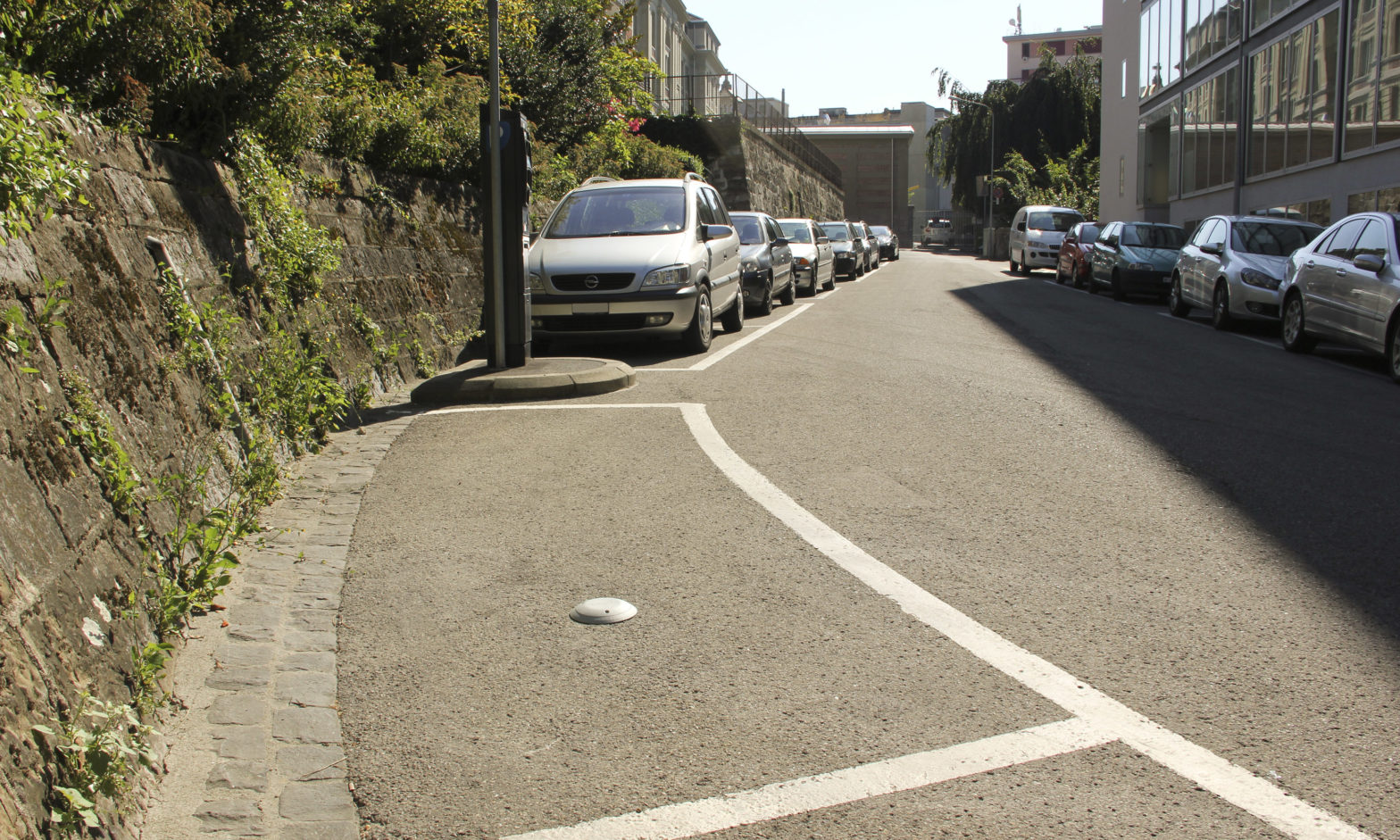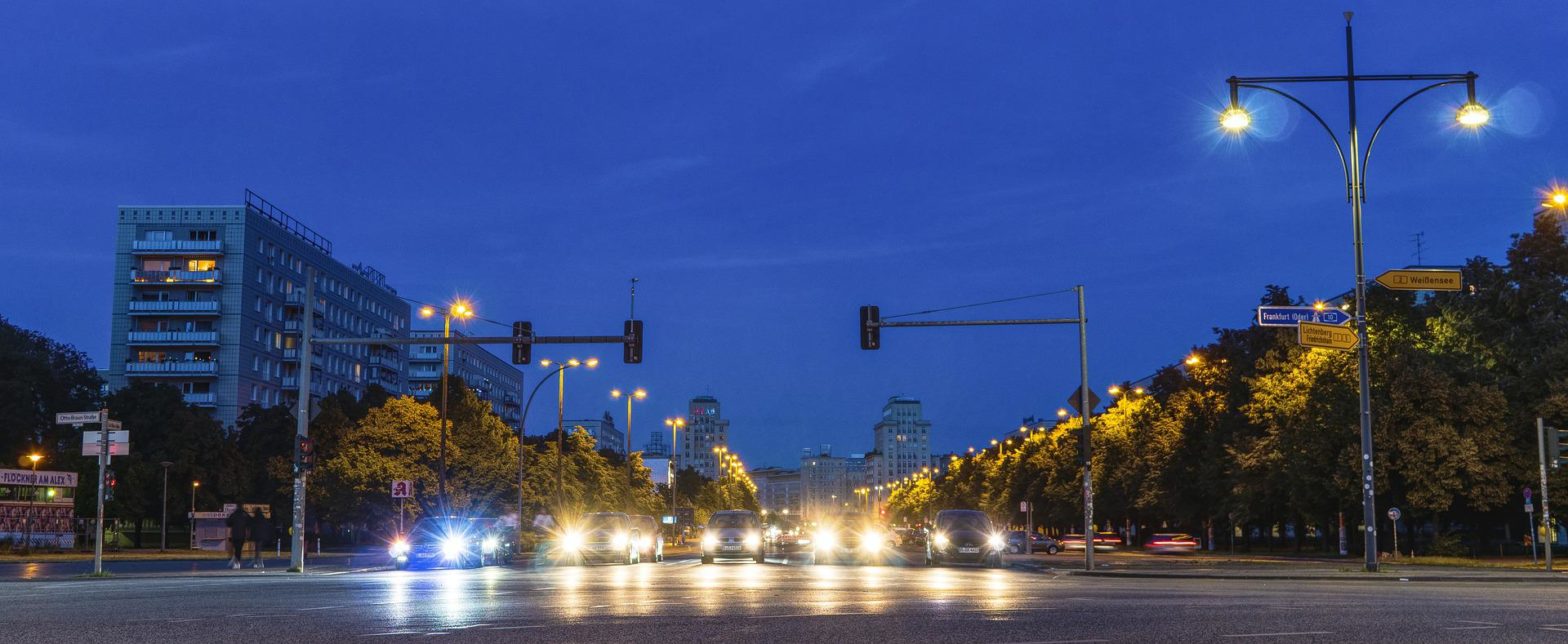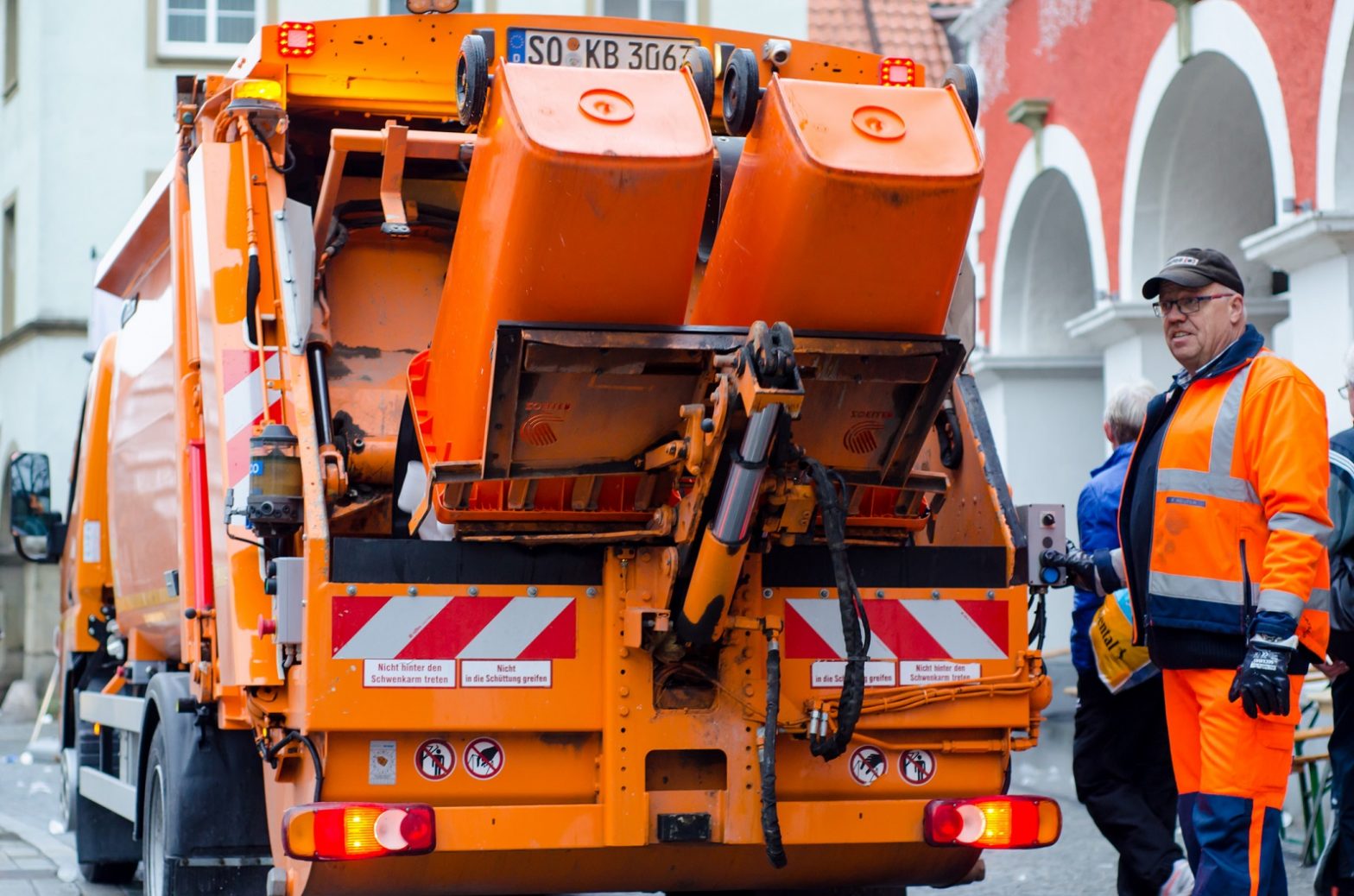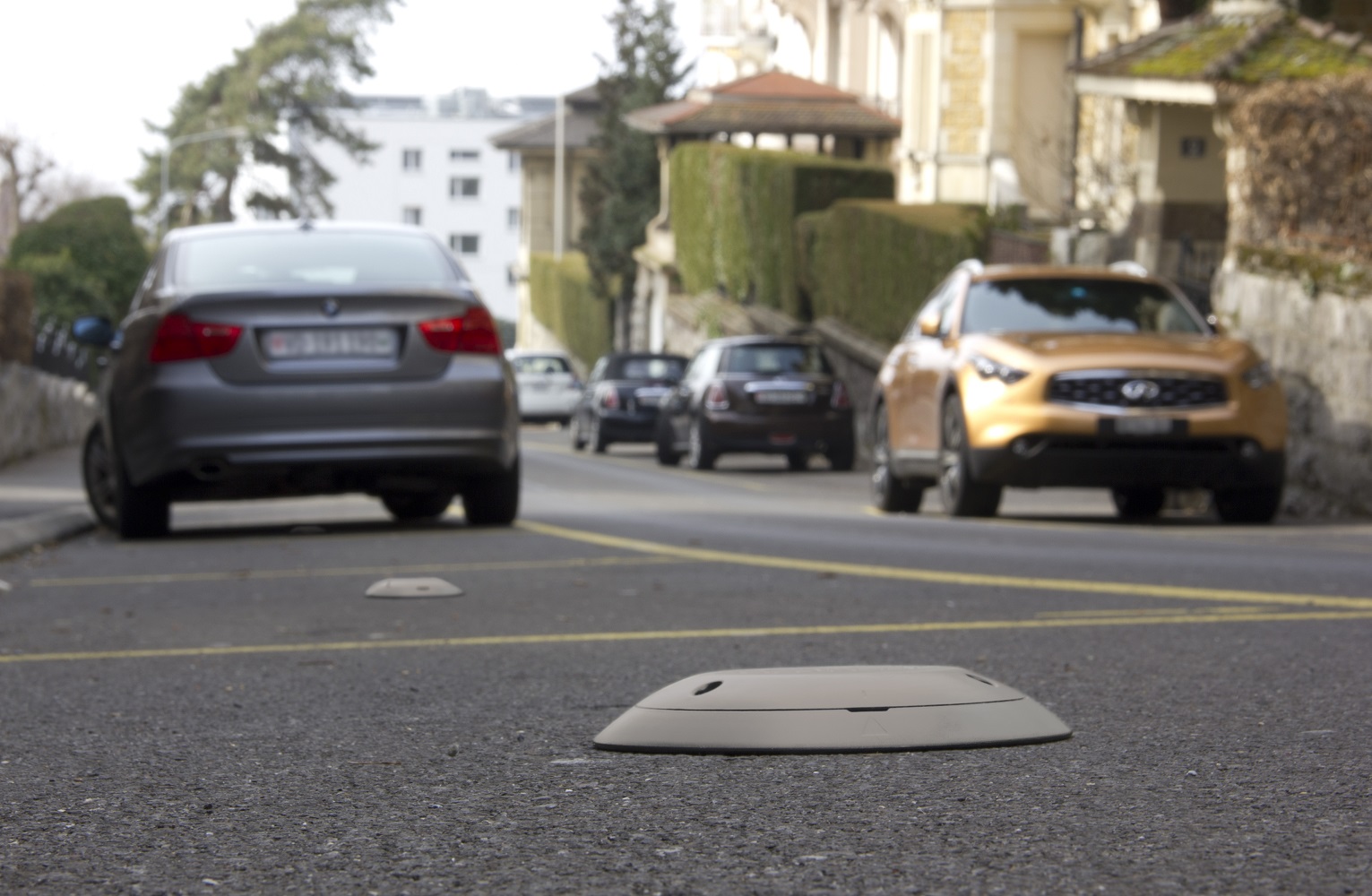
Photo: Waste_AdobeStock_737407402
Waste collection systems are under stress in summer holiday destinations
11 July 2024
As the summer season is coming close to its peak, city managers in popular holiday destinations get worried about the impact of tourism on mobility, public services, and waste management. Tourism in general is estimated to globally produce around 35 million tonnes of waste per year, with hotels alone generating around 290,000 tonnes.
Holiday destinations are challenged by higher volumes of waste because of the significant increase in population, but also because of different consumer behaviours. Tourists and seasonal residents tend to generate more waste than residents, specifically more packaging waste and more single-use items like water bottles.
The hospitality industry is deeply committed to sustainability and made great progress in recent years to reduce food and plastic waste, for instance replacing single-use plastic toiletry bottles and other amenities in guest rooms with dispensers and reusable kits.
Nevertheless, in most holiday towns and locations waste collection and management systems are under stress and experience capacity constraints, as their infrastructures are designed for off-season levels and turn out to be insufficient during peak summer. Increased waste can lead to overflowing bins and containers around the city, which not only creates an eyesore, but also attracts pests and wildlife, increasing risks for public health.
In order to mitigate the backlash, some cities improve waste collection frequency during the holiday season, well aware that this requires additional resources and budget. However, the higher effort and operational costs to collect trash more frequently may not be the best option to ensure a quality service: independent studies calculated that most bins end up being emptied when they are only 40 percent full, and episodes of overflowing and smelly containers are not completely avoided.
Making waste collection smart
While educating people about the need to reduce and recycle waste, and asking hotels and hospitality businesses to increase their contribution, municipalities can leverage smart technologies to make their communities cleaner, healthier, and safer even during the holiday season.
The Smart Waste solution by Swiss IoT provider Paradox Engineering allows cities to shift from a passive waste collection approach, which relies on fixed routes and pre-set collection days, to a data-driven strategy based on the active monitoring of bin filling levels and the dynamic routing of waste trucks.
Existing containers need to be equipped with 6LoWPAN sensors to collect and send data about filling levels and other parameters. All information bits are received and processed by the Smart Central Management System, that provides a real-time view of bins status and generates alerts in case of fire, vandalism, or unauthorised movements. The solution predicts filling levels based on historical data from installed sensors, and this allows trucks to be dispatched when the bins are close to full (or when the city prefers), following an optimised routing.
Supported by the intelligent routing software, data including types of containers, their locations and ownership details, sorting centres, truck fleet operations as well as maps, traffic, and weather information can be further correlated to make waste collection even more efficient, reducing the number of truck rolls and the mileage associated with them, which in turn decreases pollution and congestion.
Real-life experiences prove that Paradox Engineering’s solution can contribute to reducing waste collection costs up to 30 percent while maintaining service quality and reliability, with high satisfaction from all local stakeholders, including tourists.
About Paradox Engineering
Established in 2005 and headquartered in Switzerland, Paradox Engineering is the Internet of Things (IoT) Excellence Centre of MinebeaMitsumi Group. The company pioneers technologies to implement highly scalable IoT network solutions, from edge devices to management platforms, to control critical public services such as streetlighting, parking management, municipal waste collection, and environmental monitoring. Thanks to intelligent technology solutions, Paradox Engineering strives to unleash opportunities for people and communities, helping the transition towards more liveable, sustainable, and smarter cities.
For further information, please visit Paradox Engineering’s website



